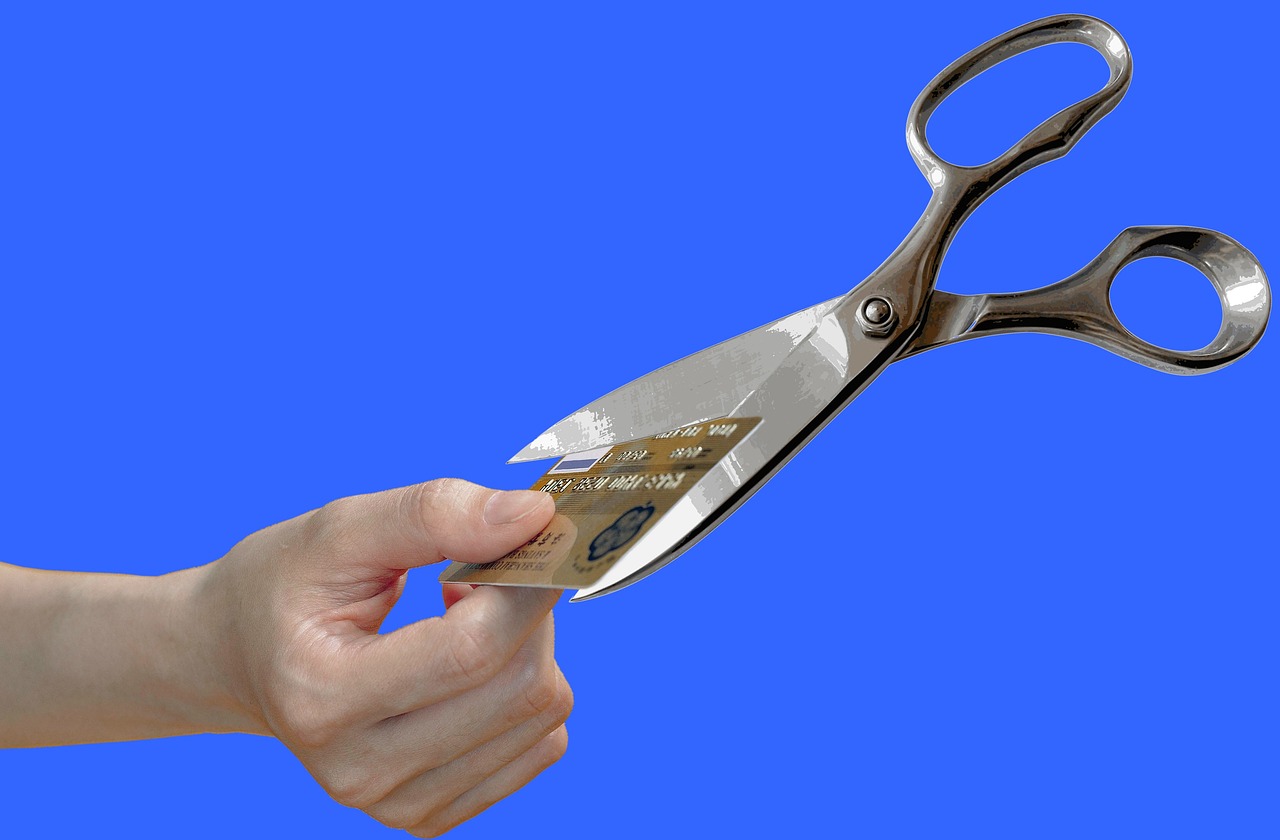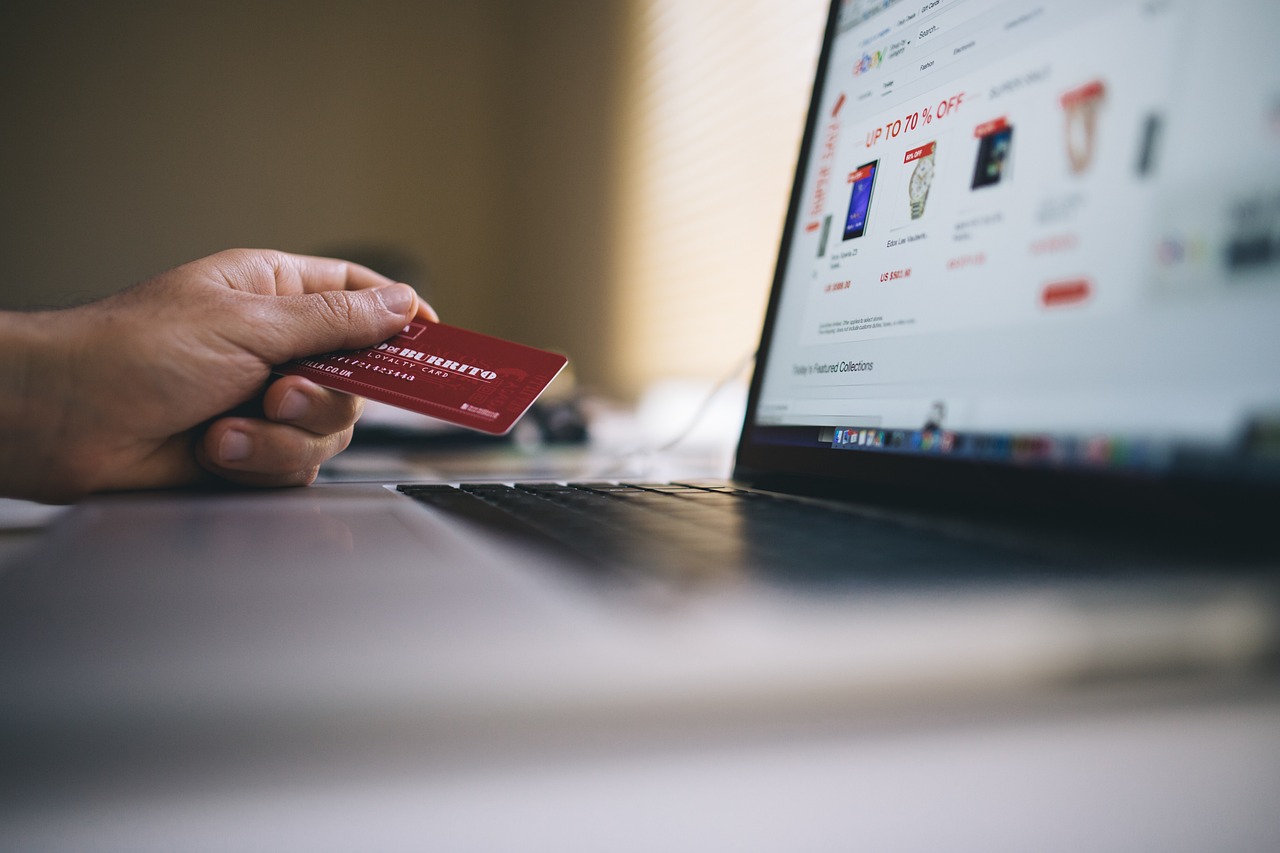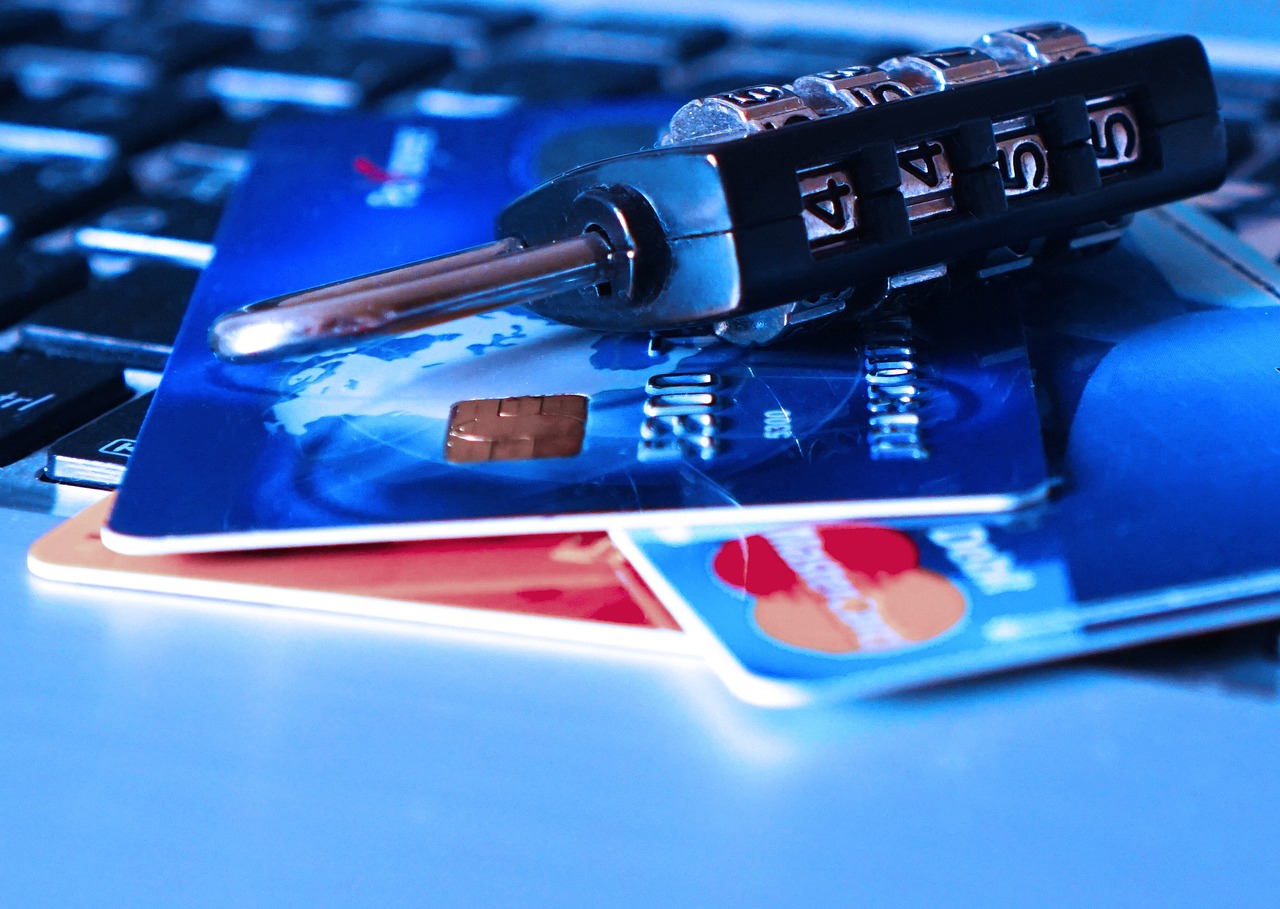
How to Rebuild Your Credit and Manage Money Wisely
By: Marina Lima (marinalima@mabviral.com)
In today’s economic climate, recovery credit cards serve as a crucial tool for individuals looking to rebuild their credit scores and manage their money effectively. For those who have faced financial challenges, understanding how recovery credit cards work and their benefits can open new doors to financial opportunities. This article will explore the ins and outs of recovery credit cards, how they can help you overcome high interest rates, and the influence of inflation on your financial journey.
The Journey of Recovery Credit Cards
The concept of recovery credit cards may seem straightforward, but their impact on personal finances can be profound. Consider a young professional named Sarah. After facing unexpected medical bills and job loss, her credit score took a significant hit. She was now stuck in a frustrating cycle of high-interest credit cards and looming bills, making it challenging to regain her financial footing.
Sarah’s story reflects that of many. Recovery credit cards were her lifeline. These cards, specifically designed for individuals with poor credit or those working to repair their credit history, offer a second chance. Initially, Sarah was wary of applying for a recovery credit card, fearing more debt and high interest. However, by taking small, measured steps, she learned that these cards are not merely a means to spend money—they are strategic tools for rebuilding creditworthiness.
- Understanding Recovery Credit Cards
Recovery credit cards typically come with higher interest rates and lower credit limits compared to standard credit cards. While this might seem off-putting, they offer a path to demonstrate responsible credit use. Utilizing these cards for small expenses—which can be paid off in full each month—helps establish a better credit profile, countering high interest charges in the long run.
As Sarah began using her recovery credit card wisely, she paid off her balance each month, avoiding high interest. Gradually, her credit score improved, enabling her to access better financial products with lower rates.
- The Role of Inflation
Inflation can toughen financial challenges. As prices rise, consumers might find themselves relying more on credit cards, often incurring higher debt and interest. Understanding inflation is pivotal for anyone using a recovery credit card. Keeping track of inflation trends can help you anticipate potential interest increases on your card and adjust your spending habits accordingly.
Tips for Effectively Using Recovery Credit Cards
Here are practical strategies to maximize the benefits of your recovery credit card while managing your money wisely:
- Choose Wisely: Before applying for a recovery credit card, research the available options. Look for cards with no annual fees, reasonable interest rates, and manageable terms. Different issuers may offer perks that cater to your financial needs.
- Establish a Budget: Create a budget that incorporates your recovery credit card. Track your expenses and ensure you use your card for specific purchases that can be paid off monthly. This will help avoid high interest while demonstrating responsible behavior to credit bureaus.
- Automate Payments: To ensure you never miss a payment, set up automatic payments for at least the minimum amount due. Timely payments are crucial for rebuilding your credit score and avoiding additional fees associated with late payments.
- Monitor Your Credit Score: Regularly check your credit score through free resources. Understanding how your actions on your recovery credit card impact your score will help you stay motivated and informed.
- Consider Upgrading: Once you have established a solid payment history, explore transferring to a standard credit card with better terms. This not only provides access to lower interest but may also offer greater rewards and benefits.
Common Questions About Recovery Credit Cards
- What is a recovery credit card?
A recovery credit card is designed for individuals with damaged credit histories. These cards help users rebuild their credit by offering limited credit lines and higher interest rates. - Will a recovery credit card hurt my credit score?
If used responsibly—meaning charged balances are paid in full monthly—recovery credit cards can improve your credit score rather than hurt it. - How can I avoid high interest on a recovery credit card?
Only charge what you can afford to pay off each month, and never carry a balance forward. This strategy minimizes high interest costs.
Frequently Asked Questions
- How long does it take to see improvements in my credit score using a recovery credit card?
Typically, users may begin to see improvements in their credit score within six months of consistent, responsible usage. - Can I upgrade my recovery credit card to a better card?
Yes! After establishing a positive payment history, many issuers will allow you to upgrade to a standard credit card with more favorable terms. - What happens if I miss a payment on my recovery credit card?
Missing a payment may lead to penalty fees and an increase in your interest rate. It also negatively affects your credit score.
Summary
Recovery credit cards are a vital resource for those looking to rebuild their credit and regain control over their finances. By understanding how these cards work, managing your spending, and keeping an eye on your credit score, you can successfully navigate the financial landscape marked by high interest and inflation. Remember, the journey takes time and diligence, but the rewards can be life-changing.
If you liked our article, leave a comment below! Your feedback means a lot to us, and we look forward to hearing your thoughts or experiences regarding recovery credit cards.


